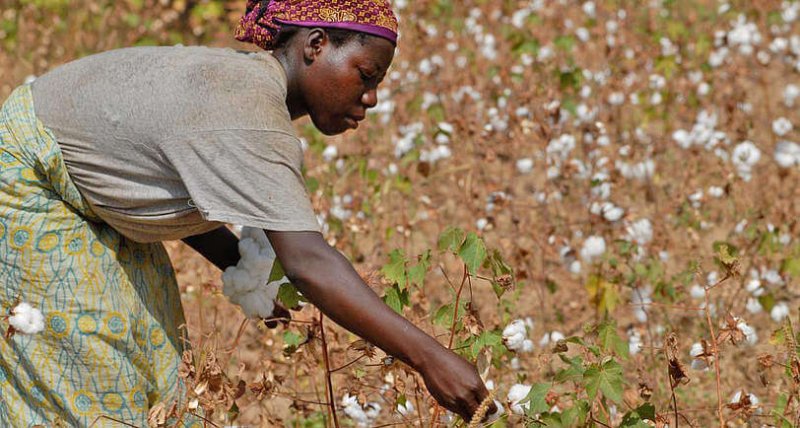In the early 2000s, the US agricultural firm Monsanto began tests to introduce genetically engineered cotton seeds with the potential to combat the bollworm pests in Burkina Faso.
Known as Bt cotton, the seeds contain genes from a bacteria that makes it naturally resistant to the bollworm pests. … After five years of trials, the Bt cultivar was made available to Burkina Faso farmers in 2008.
“From 15 times spraying a year, they promised us that with Bt cotton, we will spray only two times,” [farmer Seidu Konatey] recalls. “We were surprised. We tried it and realized that was true. We were all very happy.”
…
But there were problems with the new variety. Burkina Faso produces cotton that is of premium quality because of the long length of the fiber it produces. Cotton companies expressed concern that the length of fiber from the new variety was shorter and less trendy, and they were having difficulty getting premium prices for the product on the international market.
…
Monsanto and Burkina Faso researchers agree that the problem can be resolved scientifically. Edgar Traore, Burkina Faso coordinator for the Open Forum on Agricultural Biotechnology (OFAB), says: “More backcrossing can be done. Or the trait can be introduced into a local variety with an even longer fiber length to correct this.” But those options were not fully explored and now the decision has been taken to withdraw the novel varieties.
Read full, original post: Reversing the tide of progress: Burkina Faso’s cotton story































